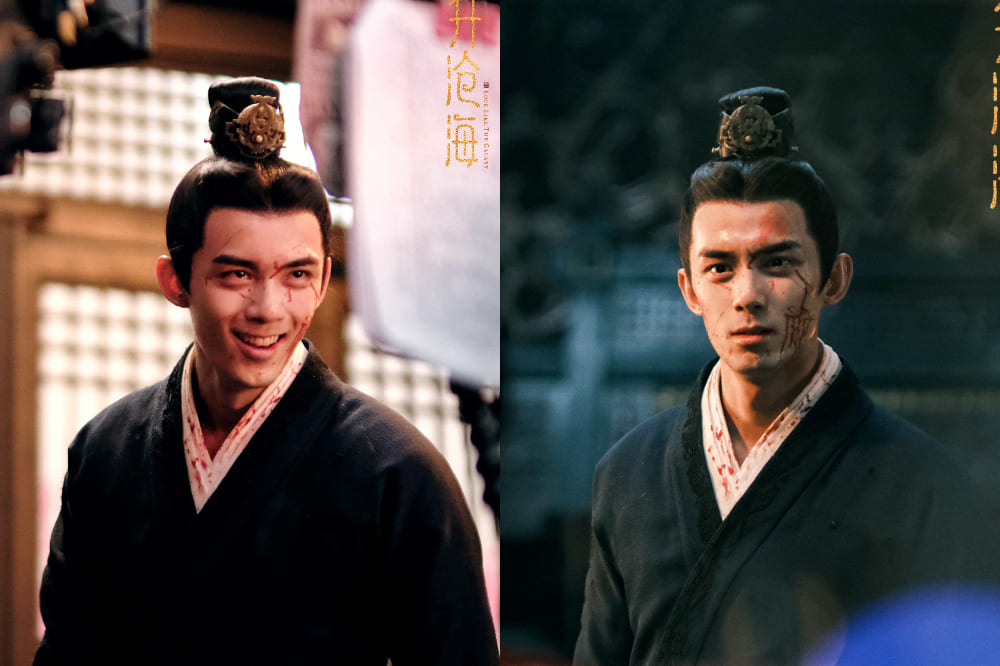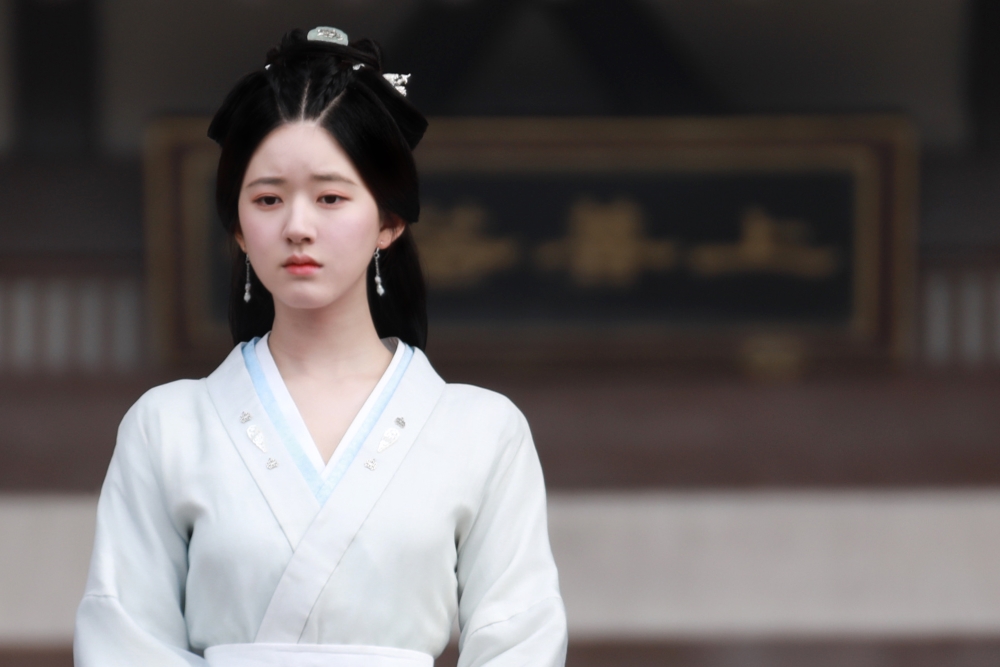只是這個台積成功的文化,在新的一代年輕人應該得找出新的亮點了,因為尊師重道,服從紀律早被只要我喜歡有什麼不可以給取代了!
==== [轉貼]
蔣尚義談台積電成功的祕訣:文化
----
文章可自由分享,但以FB分享之外方式轉文請註明出處/譯者。
----
資料來源: 2022年3月蔣尚義(前台積共同營運長/前中芯副董事長) 接受Computer History Museum的專訪逐字稿,採訪者是Douglas Fairbairn,相關連結列於評論區
----
Chiang: And then they ask me, "How can you make your R&D engineer work night shift?" And I kind of joke with them -- and I can share with you the real reason what I think. But at that time, I told them, I said, "In Taiwan, we all have to serve the military." I said, "I did. When you're in service, you-- especially in the basic training-- you take a duty for the security guard." Stand watch, right. "It may be my turn from 2 a.m. to 3 a.m. Then the guy would wake me up at 1:45. Then I got up, I change my clothes, I got my helmet, got my rifle, then I went over at 2 o'clock, and 2:45 I wake up another guy. And so, all my engineers have been through that. So, I tell him to, you know, it's your turn to do that! <laughs> Don’t complain!" <laughter>
Fairbairn: So, what was the real answer about <laughter>?
Chiang: The real answer is I, honestly, I just share with you, I think the culture. Asians are more hungry, because we had a tougher life. So, to make money is more important to us. People are willing to sacrifice their own privacy, their private life in order to have financial security.
(蔣尚義在講與半導體製造技術聯盟SEMATECH其他會員代表的閒聊,SEMATECH會員包括TI, IBM, Intel, Motorola, National, HP)
蔣:他們問我「你們怎麼有辦法讓R&D工程師值夜班?」我等一下可以跟你講真正的原因,但當時我開玩笑地回答他們「在台灣,我們都需要服兵役」「我也有服兵役。當你在服役,尤其是在基礎訓練時,你會需要站哨。」「若我負責的哨是凌晨兩點到三點,那前一個哨會在一點四十五分叫我起床,我就起床換衣服,戴上我的鋼盔,提起我的步槍,然後在兩點鐘開始站哨,直到兩點四十五分,我再叫下一個哨的兵起床。我所有的工程師都有過這些經歷,所以我告訴工程師:輪到你做事了!(笑) 不要抱怨!(笑) 」
訪問者:所以甚麼是真正的答案? (笑)
蔣:真正的答案我只跟你分享喔,我認為是文化,亞洲人因為生活較為艱辛,所以對物資更渴望,賺錢對我們來講很重要。人們願意犧牲他們的私人空間以換取財務安全。
----
Chiang: So, I firmly believe this is one of the really important reasons why TSMC succeeded. It's culture. If equipment went down, because equipment depreciation cost was so high, you really want to run your equipment 24 hours a day. In United States, if equipment went down, wait until next morning. The people come in at eight o'clock and probably go to fix it, nine o'clock. Yeah. But if at two o'clock in the morning, we just called the equipment engineer, "You come right away," he won't complain. And his wife won't complain. And that's the way it is. And that help a lot.
蔣:我堅信這就是台積成功的重要因素之一:文化。因為設備折舊的費用非常高昂,你會希望讓你的設備一整天24小時都能運行。在美國,如果設備無法運行,那就等到隔天早上,人員八點進廠,然後可能九點去修機器。但如果是在台積電,凌晨兩點機器無法運行,我們只需要打給設備工程師:「你馬上來」,設備工程師不會抱怨,他的老婆也不會抱怨,因為做事方式便是如此。這對公司幫助很大。
----
Chiang: I went through one experience. I was very shocked. I share with you, it's an interesting story. In 1999, TSMC at that time tried to start this wafer fab in Oregon called WaferTech. And the performance was very poor. Was far behind TSMC fab. Had given them all kinds of headaches. So, finally they decided one morning the VP in charge of manufacture, he got a list of 20 people, and he called one by one to his office. Everyone go to his office for ten minutes. And early ones didn't know, because they never talked to this VP—
Chiang: -- you know, what he wants? And then later on, these guys come out, "Oh, why did he call you in the office?" "TSMC want to send you to Wafer Tech, for assignment for two years. You go back to start to apply for visa, get your passport. And be ready in three weeks."
蔣:我有過一段經驗,這段經驗對我衝擊很深,是個有趣的故事,讓我跟你分享。在1999年,台積電當時要在Oregon建立一座晶圓廠叫做WaferTech。當時這座廠的表現非常糟,遠遠比台積電自身的晶圓廠還糟,這讓台積電的人都非常頭疼。所以最終高層做了決定,在台灣管理生產的VP在一天早上收到了一份20人名單,VP把名單上的人一個接一個叫進他的辦公室,每個人都和VP談10分鐘。起初被叫的幾個人還不清楚狀況,因為他們以前沒有跟這位VP交談過。
還沒跟VP談的人問已經跟VP談的人「為什麼他把你叫進辦公室?」「VP跟我說,台積電想要把我送去WaferTech執行兩年的任務,要我開始申請簽證,拿到護照,在三周內準備好出發去美國。」
----
Chiang: Right. So, they moved 20 people, including the fab manager, and in every area, all the engineering area and manufacturing area, Manufacture Supervisor, QRA, sent the entire team, 20 people.
Fairbairn: Mm hm, somebody from each group.
Chiang: Right. That's the way they did it. I look at that, wow. And three weeks later, 20 people on the same airplane to U.S. And they live in the same place. They told me every morning, these people they all carpool, they had ten cars, just drive to work <laughs> and go home. And they fixed that fab. And then during this time, I was shocked, because in U.S. that's not the way they do it.
蔣:台積電從台灣調動了20人去美國,有fab manager,還包括各個領域的人:工程領域、製造領域、manufacture supervisor、QRA,整隻隊伍有20人。
採訪者:恩,每個部門都派人。
蔣:是的,這就是台積的做事方法。我看著這隻隊伍,覺得「WoW」。三個禮拜後,這20人就搭著同一班飛機去美國,他們住在同一個地方。他們告訴我每天早上,這些人會一起共乘,他們有十台車,就只開去上班(笑)和回家。之後他們把工廠的問題解決了。我當時很震撼,因為在美國不是這樣做事的。
----
Chiang: If you're in HP, if we have an assignment in France and some people look at people profile, "Oh, this may be a candidate." His boss will probe him. "Oh, we have the job there. It's very interesting. And it's very important for the company." Try to convince him. "And just think about it," two weeks later, "Oh, have you thought about that? Well, good. Go talk to your family and see how it works." And a month later, "Oh, it looks good," you go there to interview. And come back, oh, everything seems to go on, and you talk about your package. Oh, later on, go with your wife to house-hunting. They wait until summer, your kids out of school, you go there six months later. At TSMC, it's three weeks.
Fairbairn: It's 20 people, boom
Chiang: Twenty people.
Fairbairn: How long did they stay there in Oregon?
Chiang: Two years.
蔣:如果惠普公司(HP) 有個在法國的任務(註:蔣尚義曾在HP工作),那有人會查詢人事資料,「喔,他可能是個人選。」該人選的上司會試探他。「嘿,我們在那有個工作機會,這職位很有意思,而且對公司非常重要。」上司會試著去說服他:「你可以想想看。」兩個禮拜後,「喔,你考慮過之前提的機會嗎?恩,好。你可以跟你的家人談看看可不可行。」一個月後,「恩,看起來可行」,你就去面試這個機會,然後回來,每件事都像是沒問題,你才談待遇。然後你和你的太太開始物色房子。等到夏天,你的小孩放暑假了,你才啟程,此時距離開始已經六個月了。在台積電,這是三個禮拜的事。
訪問者:20個人,碰一下就發生了。
蔣:對,20個人。
訪問者:他們在Oregon待多久?
蔣:兩年。














